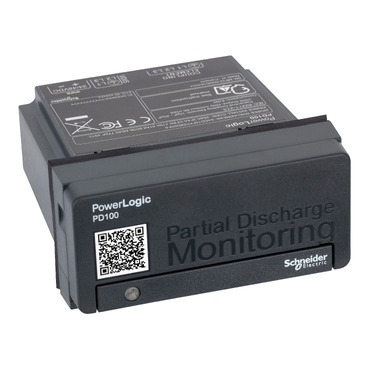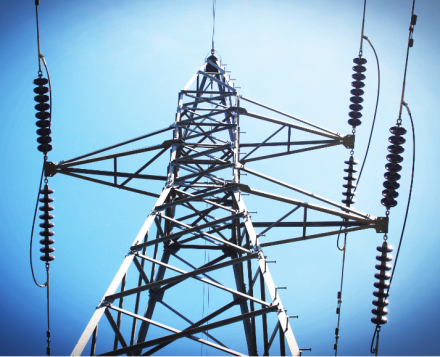
12 January 2017, Frankfurt — Germany’s power grid industry will expand big electricity battery capacity more than three-fold this year to 200 megawatts (MW) from 60 MW, German advisory group Team Consult said in a study of the new business area.
Battery storage is a significant new development in the transformation of the power sector as it will eventually allow harnessing of fluctuating wind and solar power for use by transport grids, solar-producing householders, and the car industry.
Germany is on a course to derive 80 percent of its power supply from renewables by 2050, having achieved a share of 30 percent in 2016, while the expansion of networks to transport the weather-driven production lags far behind targets.
This is where batteries come in, to supply superfast balancing services, in order to ensure that the system runs efficiently.
“We observe a rising trend for storage batteries to be used to stabilise grids,” said author Christoph Hankeln.
Through the batteries, grids will receive short-term boosts to cope with varying green power output.
The allocation of volumes is set via weekly auctions in the primary balancing market, which is organised by grid operators.
In this market, would-be providers compete to supply or absorb power within seconds, in return for service fees.
Team Consult estimates that this market has a 800 MW capacity, meaning batteries could account for 25 percent by the end of this year, displacing some of the currently active thermal energy plants.
An example is coal-to-power Group Steag which in a 100 million euros ($106.32 million) project is due to complete the installation of six 15 MW batteries at German coal plant sites this year.
Britain’s National Grid last August awarded four-year contracts to battery operators worth a total of 66 million pounds.[nL8N1B72XQ]
*Vera Eckert; Editing: Susan Thomas – Reuters



